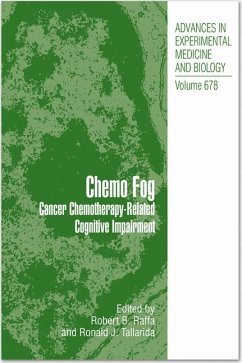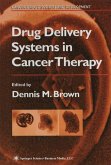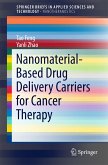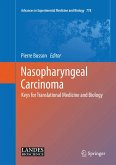Cancer patients have benefitted greatly from recent advances in the drugs, dose regimens, and combinations used to treat their primary tumor and for the treatment or prevention of spread of their disease. Due to the advances in chemotherapy and other aspects of prevention, early detection, and treatment modalities, an increasing percentage of patients are surviving the disease. For some types of cancer, the majority of patients live decades beyond their diagnosis. For this they are forever thankful and appreciative of the drugs that helped lead to this increased survival rate. But no drug is devoid of adverse effects. This also applies to chemotherapeutic agents. The acute cytotoxic effects of these agents are well known--indeed are often required for their therapeutic benefit. The chronic adverse effects are varied and in some cases less well known. With the increase in survival rates, there has emerged a new awareness of these chronic adverse effects.
Dieser Download kann aus rechtlichen Gründen nur mit Rechnungsadresse in A, B, BG, CY, CZ, D, DK, EW, E, FIN, F, GR, HR, H, IRL, I, LT, L, LR, M, NL, PL, P, R, S, SLO, SK ausgeliefert werden.









